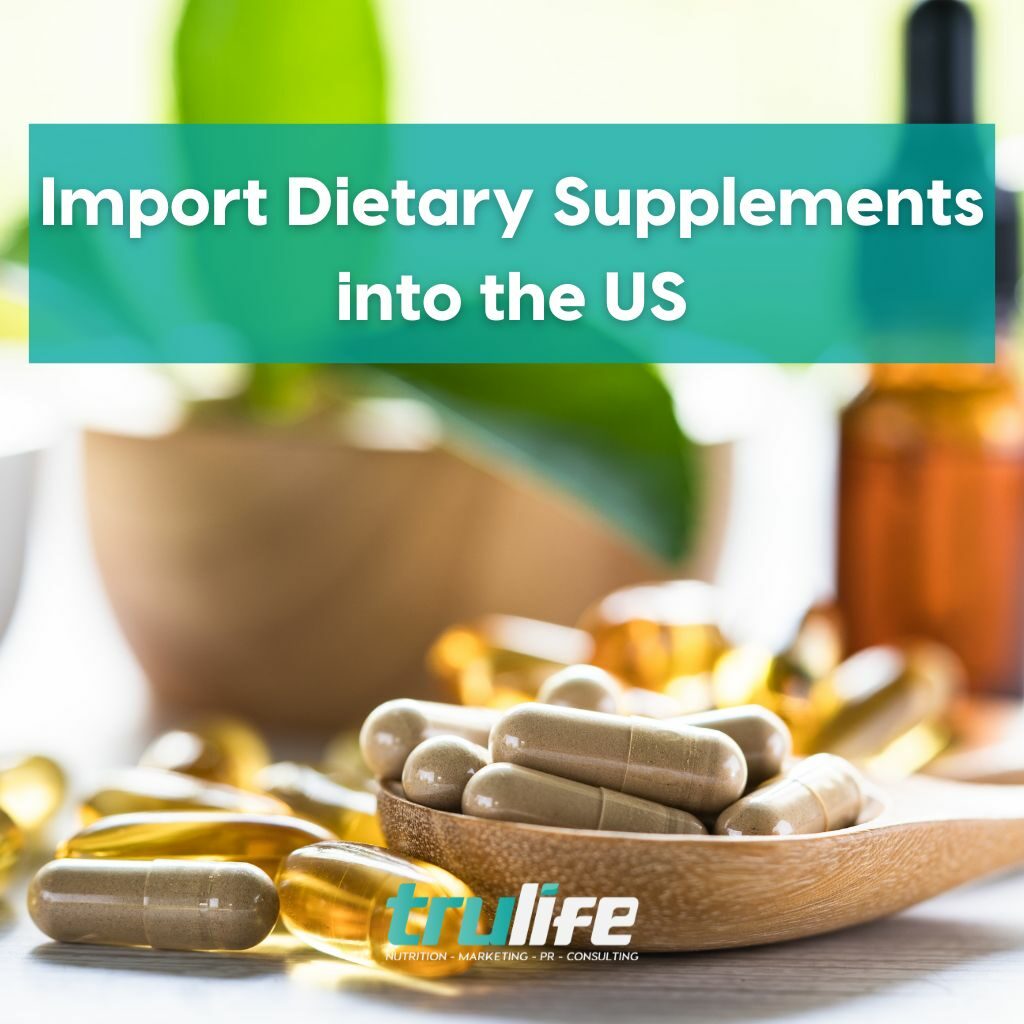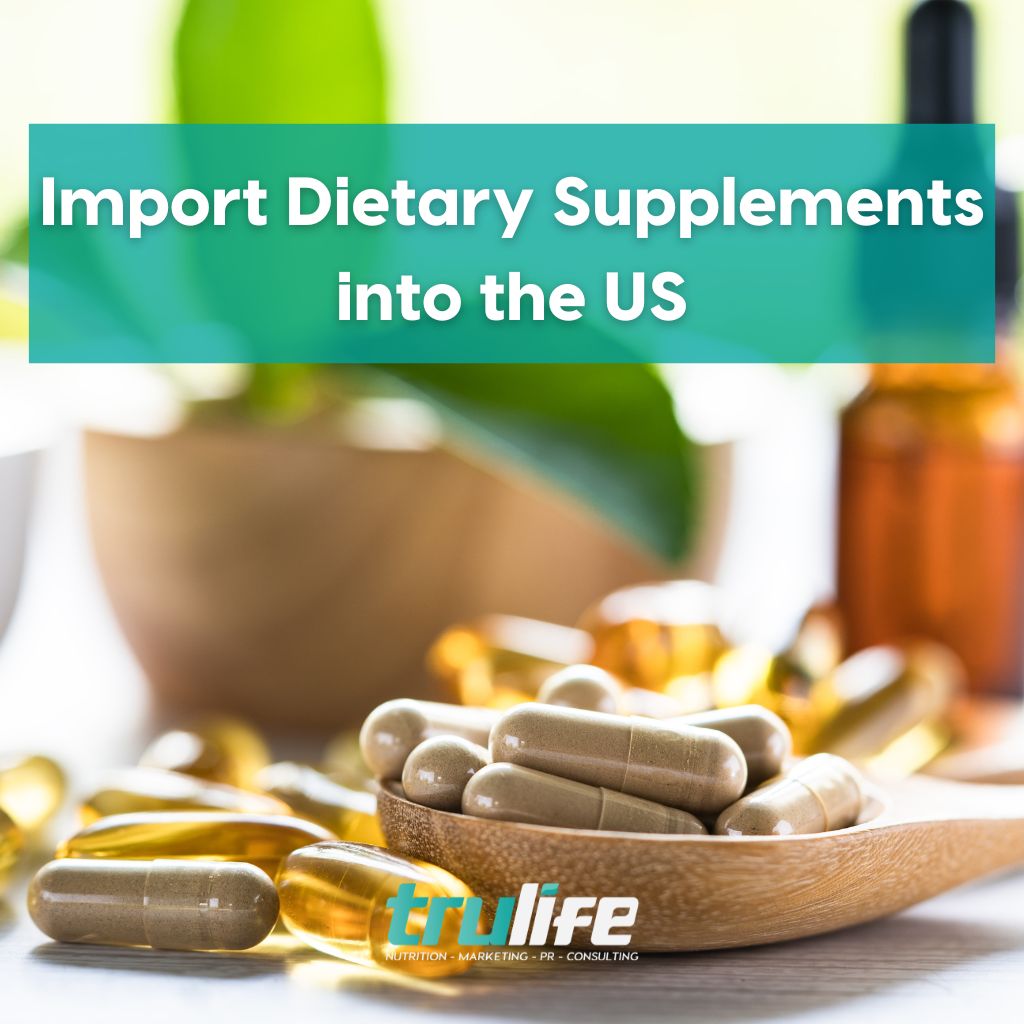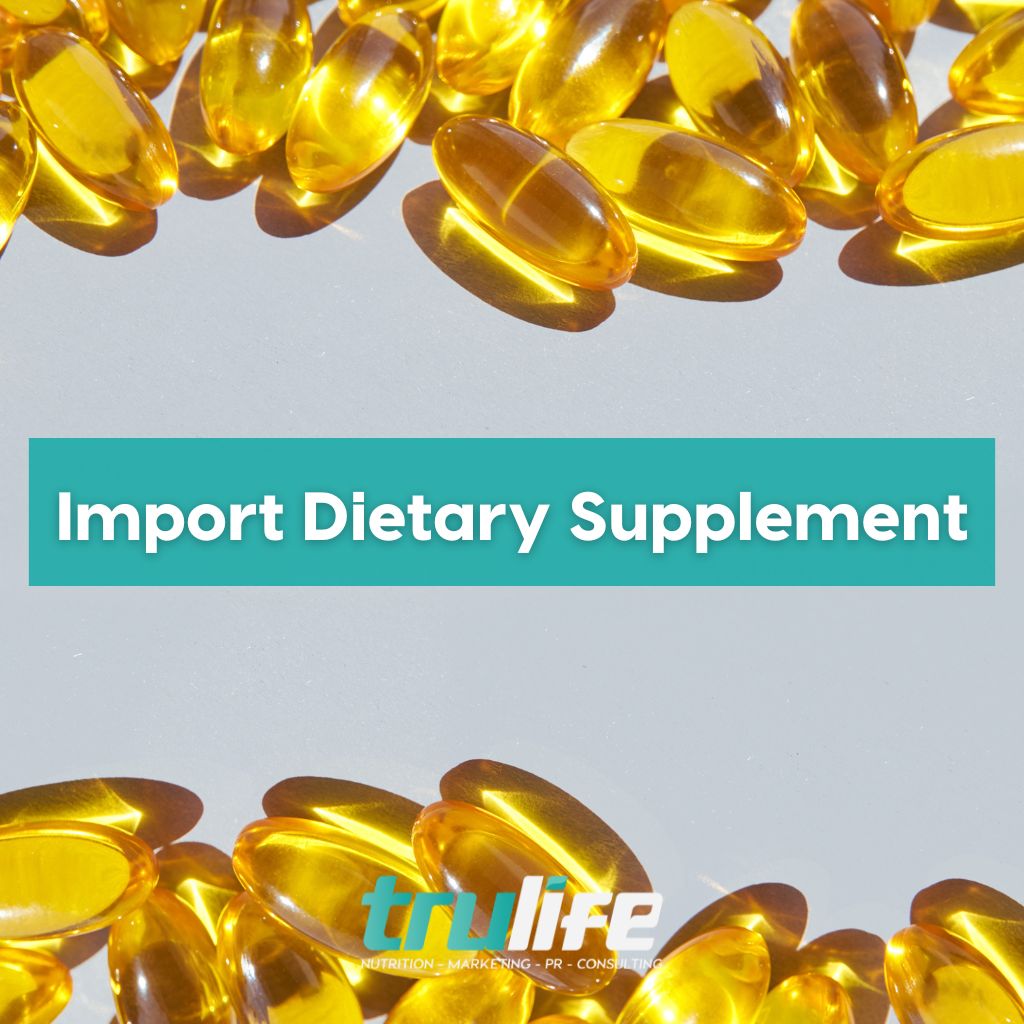Importing dietary supplements into the US is a complex process, as it involves satisfying import requirements in terms of customs laws and regulations. While dietary supplements are generally recognized as safe (GRAS) by the Food and Drug Administration (FDA), certain import rules must be followed in order to successfully import them into the US. This article will provide an overview of import regulations for dietary supplements and offer guidance on how to comply with them.

1. Understand US Import Regulations for Dietary Supplements
The import of dietary supplements into the United States is subject to a number of regulations. Understanding these regulations is essential for anyone involved in the importation process, including manufacturers, distributors, and consumers.
The import of dietary supplements into the United States is regulated by several government agencies, including the Food and Drug Administration (FDA), the Centers for Disease Control and Prevention (CDC), and the US Customs and Border Protection (CBP). The FDA is primarily responsible for ensuring that dietary supplements are safe for consumer use through rigorous product testing and regulation. In order for a dietary supplement product to be imported into the United States, it must first meet certain criteria as defined by the FDA. Such criteria include being classified under one or more specific categories, such as vitamins, minerals, amino acids, proteins, herbs, and other similar products.
For each product category, there may also be other requirements that should be met in order to fall within FDA import regulation scope. They also enforce labeling requirements to ensure that consumers understand what they are buying. The CDC regulates dietary supplement imports from foreign countries to ensure that any potential diseases or contaminants do not enter the US through importation. The CBP works with other government agencies to inspect imported items before they enter the country. Additionally, all imported dietary supplements must be accompanied by a Certificate of Analysis (COA) from an independent laboratory confirming that each ingredient meets purity standards set by relevant regulatory bodies in both the USA and foreign countries from which it was imported from.
2. Research the FDA Requirements for Importing Dietary Supplements into the US
Once a product has been classified under the appropriate category and meets all applicable import regulations, the importer will need to submit all necessary documents needed to support importation into the US. Such documents include paperwork related to production processes and safety standards which must also meet US standards. Furthermore, depending on where a product is imported from additional certifications may be required such as statements related to Good Manufacturing Practices (GMPs).
Finally, it’s important for companies importing dietary supplements into the United States to stay up-to-date with all current import regulations related to their product categories through industry organizations like Dietary Supplement Association (DSA) and Natural Product Association (NPA). Companies should also consult FDA’s Import Alerts regularly so they remain aware of any new or changing import regulations related directly to their specific product types or regions where they source their goods from abroad.
3. Find a Reliable Distributor of Dietary Supplements
Finding a reliable distributor of dietary supplements in the United States can be a difficult process. There are many companies claiming to offer dietary supplement products, but not all of them have the necessary safety and quality control processes in place to ensure that their dietary supplements meet US standards. It is important for consumers to do their due diligence when choosing a dietary supplement distributor and take into account factors such as product quality, customer service, and pricing before making a purchase.
When selecting a dietary supplement distributor it is important to check that they meet FDA requirements including Good Manufacturing Practices (GMPs) and product registration with the FDA if needed. You should also look for dietary supplement distributors who are members of industry organizations such as the Dietary Supplement Association (DSA) or Natural Product Association (NPA). Membership with these organizations indicates that the dietary supplement distributor has taken steps to meet the rigorous standards set by those bodies and shows commitment to providing high-quality dietary supplements.
It is also important to consider customer service when selecting a dietary supplement distributor. Look for distributors who offer easy ordering, fast delivery times, and clear communication about product availability, pricing, returns/refund policy, etc. Additionally, research consumer reviews online and read customer feedback on sites like Trustpilot or Yelp to get an understanding of how customers rate their experience with the dietary supplement distributor.
Finally, pricing is another factor you should consider when selecting a dietary supplement distributor. While the lowest prices may be attractive, if they come at the expense of product quality or customer service then it may not be worth it in the long run. Do your research and compare prices between different distributors before deciding which one best meets your needs at an affordable price point.
4. Ensure that All Labeling and Packaging Meet Government Standards
Labeling dietary supplements is another essential aspect that affects importation into the United States. It needs to contain information about ingredients contained within each product but also needs to meet certain labeling standards set out by the FDA in order for importation into the United States. Generally speaking, labels should indicate the net quantity expressed in both English and metric measurements; the common name of each ingredient; the name of the manufacturer; a list of potential allergens contained within a supplement; as well as any other relevant information pertinent to specific products or categories of products contained within a label statement.
Furthermore, labels must accurately reflect any health claims made about each product or ingredient contained within such claims and must be supported by scientific evidence or research studies conducted in accordance with established guidelines issued by regulatory bodies such as the FDA itself or European Food Safety Authority (EFSA). As such, it is important that imported dietary supplement products come with detailed labeling documentation that demonstrates compliance with these requirements before importation into US markets.
In addition to import laws and labeling requirements outlined above, companies are responsible for ensuring their own quality control measures are met when importing dietary supplements into the United States. Companies should have internal quality control systems in place that cover everything from ingredient sourcing right through production processes; verifying certifications; documenting supplier audits; signing off on Good Manufacturing Practices (GMPs); adhering strictly to Hazard Analysis Critical Control Points (HACCP); as well as taking responsibility for product recalls if needed.
5. Submit Import Documentation to Customs Authorities Prior to Importation
Finally, regular testing may also take place at various stages throughout the importation process such testing will involve checking for heavy metals presence amongst other contaminants which could pose health risks to consumers if present in high concentrations. Additionally, companies looking to export their own manufactured goods abroad should make sure they maintain clear records detailing the production process sources materials used, etc. which can then be submitted upon request by authorities conducting inspections customs clearance operations, etc.
6. Obtain Necessary Permits or Licenses from Relevant Government Agencies before Importation
In addition to meeting all labeling requirements described above when importing dietary supplements into the United States importers will need to demonstrate compliance with existing federal laws regarding food safety standards both domestically and internationally. This includes ensuring that all necessary certifications have been obtained from regulatory bodies abroad prior to importation but also making sure that all applicable food safety measures are taken domestically prior to releasing any imported products onto US markets including final inspection certification if required by law/regulation involved in this process.
Importers should also be aware of any special permits or licenses required for their specific products prior to importation into the United States. For instance, many products requiring regulation under Section 801(e)(3) of the US Federal Food Drugs & Cosmetics Act require additional paperwork proving safety before being allowed into US markets. These documents should be obtained prior to importation in order to avoid potential delays at customs due to incorrect filing or lack of proper documentation.
7. Pay any Applicable Taxes or Duties on Imported Goods
The import of dietary supplements into the United States can be a complex process, with many factors to consider. One important element to pay attention to is any applicable taxes or duties that may be owed when bringing dietary supplements into the country. A failure to pay these taxes and duties can result in significant import delays, as well as legal consequences for the individual or business responsible for importation.
Under US law, goods imported into the country are subject to import duty, import fees, and other related charges. All imports must be declared on a US Customs entry form, and those forms must include accurate information about the import’s value and purpose. Depending on which goods are being imported and where they originated from, different taxes or fees may apply; it’s important to check with US Customs beforehand in order to determine what fees are associated with a given import.
Duties on Imported Dietary Supplements
Depending on the type of dietary supplement being imported into the United States, import duties may range from 0% up to 10%. In addition, certain imports may also qualify for additional assessment fees or special trade programs such as those that provide benefits like lower import duty rates or preferential treatment when importing certain items. Again, it’s important to check with customs ahead of time in order to properly prepare all necessary paperwork and ensure compliance with all applicable laws.
In some cases, there may be additional measures one must take in order to pay any import-related taxes or fees due upon the importation of dietary supplements into the United States. For example, if you wish to pay in cash instead of using a credit card, you will need an import bond issued by a surety company that guarantees payment of any amounts due upon the importation of goods. This bond is typically used for more expensive imports and it is required by US Customs prior to allowing the final entry of goods into the country. It is also important to note that failure to pay any taxes or duties owed could potentially lead not just to costly fines but also criminal prosecution if found guilty in court under 19 U.S. Code §1592 – Immediate Seizure by CBP Officers (Customs & Border Protection).
As such, it’s essential that anyone importing dietary supplements into the United States pays close attention when preparing their shipment and ensures they have accounted for any applicable taxes or duties due upon entry according to all relevant regulations which set forth requirements imposed on importers entering goods into the United States – whether they come from abroad or not – as well as potential liabilities associated with failing to adhere those regulations when conducting international trade operations.
8. Track Shipments and Ensure Timely Delivery of Products to Customers
When it comes to dietary supplement distributors, there is no more important task than ensuring that shipments are tracked and delivered on time. After all, customers expect their products to arrive quickly and reliably, so it’s important for dietary supplement distributors to have a system in place for tracking shipments and ensuring delivery.
9. Follow Up with Customers After Delivery to Ensure Satisfaction with Product Quality and Service Provided
Once dietary supplements have been shipped and received by customers, dietary supplement distributors should follow up with customers to ensure satisfaction with product quality and the service provided. Following up with customers is essential to maintaining customer loyalty and building long-term relationships.
As a dietary supplement business, there are several steps you can take to make sure your customers remain happy and keep coming back for more. First, you should always have a system in place for recording and tracking customer orders. This will give you information about who purchased what product when they purchased it, and how much they paid. Having this information allows you to easily follow up with customers after delivery to make sure they were happy with the transaction.
You should also consider sending out surveys or questionnaires after each sale that ask questions about their satisfaction levels with the product and service provided. This will allow you to get honest feedback from customers in order to adjust your services accordingly if needed. Once again, having data on customer satisfaction levels can be extremely helpful when following up with them after delivery.
Monitor Online Reviews
Another way of keeping track of customer satisfaction is by monitoring online reviews closely. You should keep an eye out for any negative reviews and respond quickly in order to remedy any issues as soon as possible. Not only does this help keep current customers satisfied, but it also shows potential future clients that you take customer service seriously which could help bring in new business.
Finally, don’t forget about personal outreach! Try reaching out via phone or email at different intervals throughout the year just to check in and see how things are going – you may even be able to connect with some loyal customers who would love hearing from the company directly! Additionally, offering special promotions or discounts for existing customers can be another great way of maintaining relationships over time while also potentially boosting your sales down the line too!








